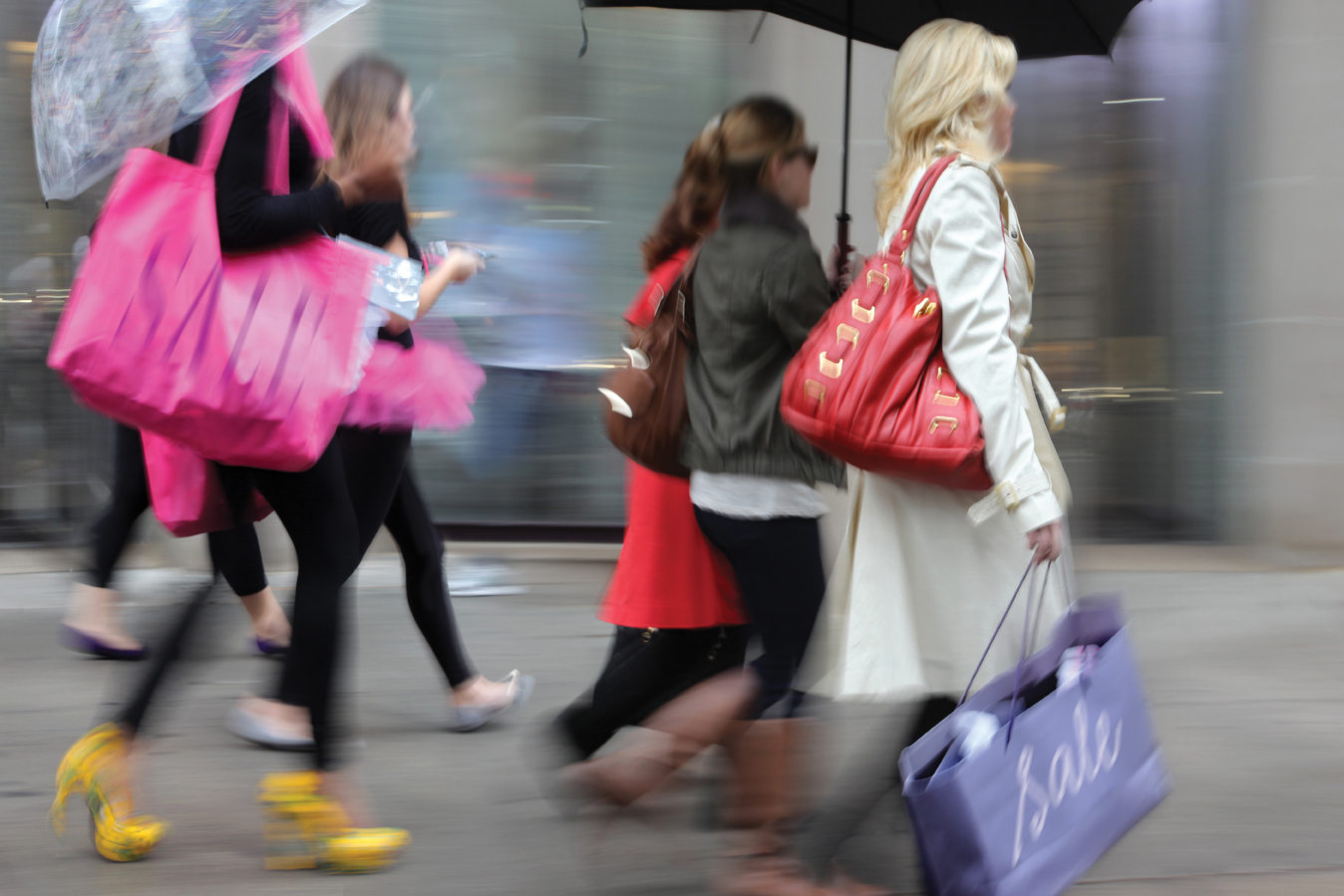Household Bills
Retail sales fall in July as spend dampened by wet weather

The UK’s retail sales rose by 1.5% in July, compared to a 2.3% increase a year ago, according to figures.
This is below the 12-month average growth of 3.9% and was partly because of the wet weather.
Like-for-like retail sales rose by 1.8% last month, compared to 1.6% in July 2022, when there was a heatwave, according to figures from the British Retail Consortium (BRC) and KPMG. This was below the three-month average of 3.3% and the 12-month average of 3.6%.
Helen Dickinson, chief executive of the BRC said: “The slowing pace of retail price inflation fed through into slower sales this July. Spend was further depressed by the damp weather, which did no favours to sales of clothing, and other seasonal goods.
“Online spending was down again year-on-year as the post-Covid trend back to stores continued, leading to the lowest proportion of non-food sales online since the pandemic began.”
Food sales were up 8.4% over the month and 8.7% on a like-for-like basis over the three months to July. This is an increase on the 12-month average growth rate of 7.8%.
Non-food sales were up 0.5% which was below the 12-month average rate of 0.6% growth and on a like-for-like basis they rose 0.8% in the three months to July.
Online sales of non-food items fell by 6.9%, compared to a fall of 3.9% in July 2022. This is a significantly bigger decrease than the three- and 12-month average decrease of 3.4%.
For in-store non-food sales, the rate rose by 1.2% on a total basis in the three months to July, below the 12-month average of 3.4%. Like-for-like sales were up 0.8% since July 2022.
Consumer confidence improving but remains low
Meanwhile, consumer confidence has improved slightly in the last 12 months, according to the IGD Shopper Confidence Index. It showed that shoppers were feeling less pessimistic about their personal finances, however they aren’t yet feeling optimistic.
Fewer people said they are experiencing rising energy bills, (51% compared to 68% in July last year), and fewer shoppers said they expect to be financially worse off in the year ahead (37% compared to 50% last July).
Food prices which have soared over the last year, were also slightly less concerning as 68% of people said they would get more expensive compared to 89% of people who said the same last year. It comes as food price inflation saw the biggest fall since March last month.
Dickinson added: “While consumer confidence is generally improving, it remains below longer-term levels. And with last week’s rise in interest rates pushing mortgage rates up ever higher, the Government must get a handle on the economy, offering a solution to languishing GDP growth in a way that supports both households and businesses.
“Only by creating the economic conditions for future growth, will we see a meaningful improvement in the outlook.”
Big rise in food promotions
The majority of the big supermarkets have launched new discount schemes over the last year, in an attempt to lure in and retain customers. Shopping habits are also changing with more people opting for discounted items or those that are cheaper through loyalty schemes.
Paul Martin, UK head of retail for KPMG, said: “We are starting to see a big rise in the number of promotions that retailers are putting in place in order to get shoppers through the door, as they battle to keep market share.
“Price conscious consumers are shopping more carefully, more aware of where bargains can be found and what they are getting for their money – which is biting hard into retail margins and profitability.
“UK consumers have been hugely resilient throughout the cost-of-living crisis, but stubbornly high inflation coupled with rapidly rising interest rates will test their ability and willingness to keep on spending for the rest of this year.
“Both consumers and retailers are finding that they are having to get used to doing more with less as conditions remain incredibly challenging.”